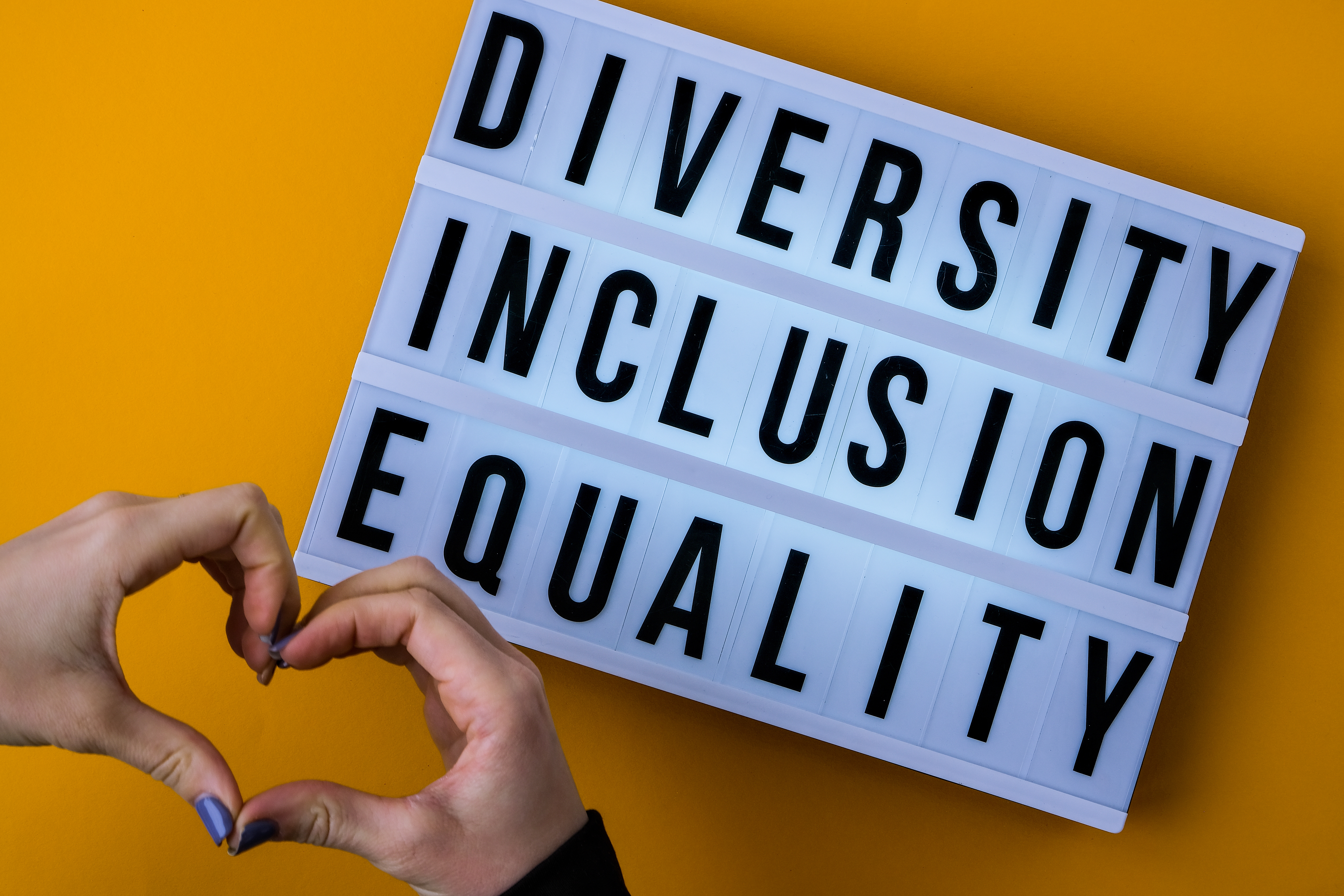
Cedarwood Apartments was a quiet place, usually bustling with activity during the day but falling into serene silence by late afternoon. Most residents were retired individuals, enjoying their golden years in peace. Among them were Mr. and Mrs. Thompson, a senior couple known for their strict views and quick judgments.
One Friday afternoon, three high school students—Jamal, Maria, and Kevin—stood outside their apartment building, laughing and talking loudly. They had just returned from school and realized that none of them had the suite key to enter their apartment. Frustrated but trying to make the best of their situation, they decided to wait outside until Jamal’s older brother returned with the key.
As they waited, their conversation became more animated, and their laughter echoed through the hallway. This noise reached the Thompsons’ apartment, where the couple sat by the window, observing the commotion below.
“Look at them,” Mr. Thompson murmured, his voice tinged with disdain. “No respect for the neighborhood. Always making a ruckus.”
Mrs. Thompson nodded in agreement. “And that boy, Jamal, always seems to be in the middle of it. You know where they’re from, don’t you? They’re not like us, not raised with proper manners.” Their words, laced with racial and ethnic prejudice, reflected a deep-seated intolerance. They watched the kids, their mutterings growing more derogatory as they convinced themselves of the worst about the young trio. Meanwhile, downstairs, Jamal, Maria, and Kevin were oblivious to the scrutiny. They were just three friends, each with their own challenges and dreams, passing time in the only way they knew how. They never intended to disturb anyone; they were simply caught in an inconvenient situation without their apartment key.
After about twenty minutes, Jamal’s older brother arrived, key in hand. He apologized for the delay, and the three friends quickly entered their apartment, their laughter fading into the walls of their home. Back upstairs, Mr. and Mrs. Thompson continued to grumble, their prejudice solidified by this brief encounter.
Days later, a community meeting was held in the apartment complex to address several concerns, including noise levels and neighborhood harmony. Mr. Thompson took the floor, eager to voice his complaints about the younger residents. Jamal, who was attending the meeting with his mother, listened intently. When Mr. Thompson finished his speech, Mrs. Williams, another elderly resident, stood up.
“I’ve lived here for many years,” she began, “and I’ve seen generations come and go. The problem isn’t the noise; it’s the assumptions we make about each other. Those kids—Jamal, Maria, and Kevin—are good kids. They’re respectful and kind. We need to remember that we were young once too.” Her words hung in the air, a gentle rebuke to the harsh judgments that had been cast. Jamal’s mother then spoke, sharing stories of her son’s kindness and achievements, painting a picture of the person beyond the noise.
The meeting ended with a new understanding among the residents. The Thompsons, though not entirely changed, began to reflect on their harsh words and judgments. They realized that they had let their biases cloud their perception of the younger generation.
The kids, having learned a lesson in empathy and understanding, resolved to be more mindful of their actions in shared spaces.
The moral of the story is clear: it’s easy to judge others based on preconceived notions, especially when there’s a generational or cultural gap. However, understanding and empathy can bridge these divides. Everyone has a story, and often, what we perceive as disrespect or misbehavior is simply a reflection of our own prejudices. By taking the time to understand each other, we can build a more harmonious and inclusive community.




